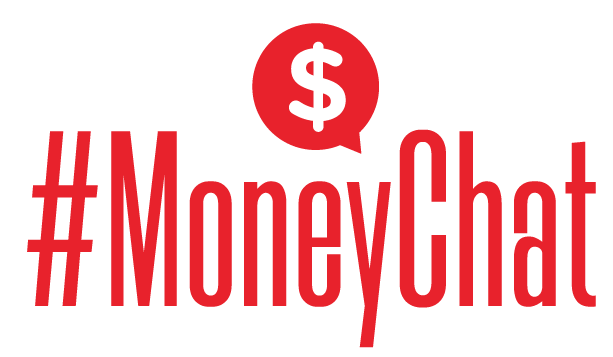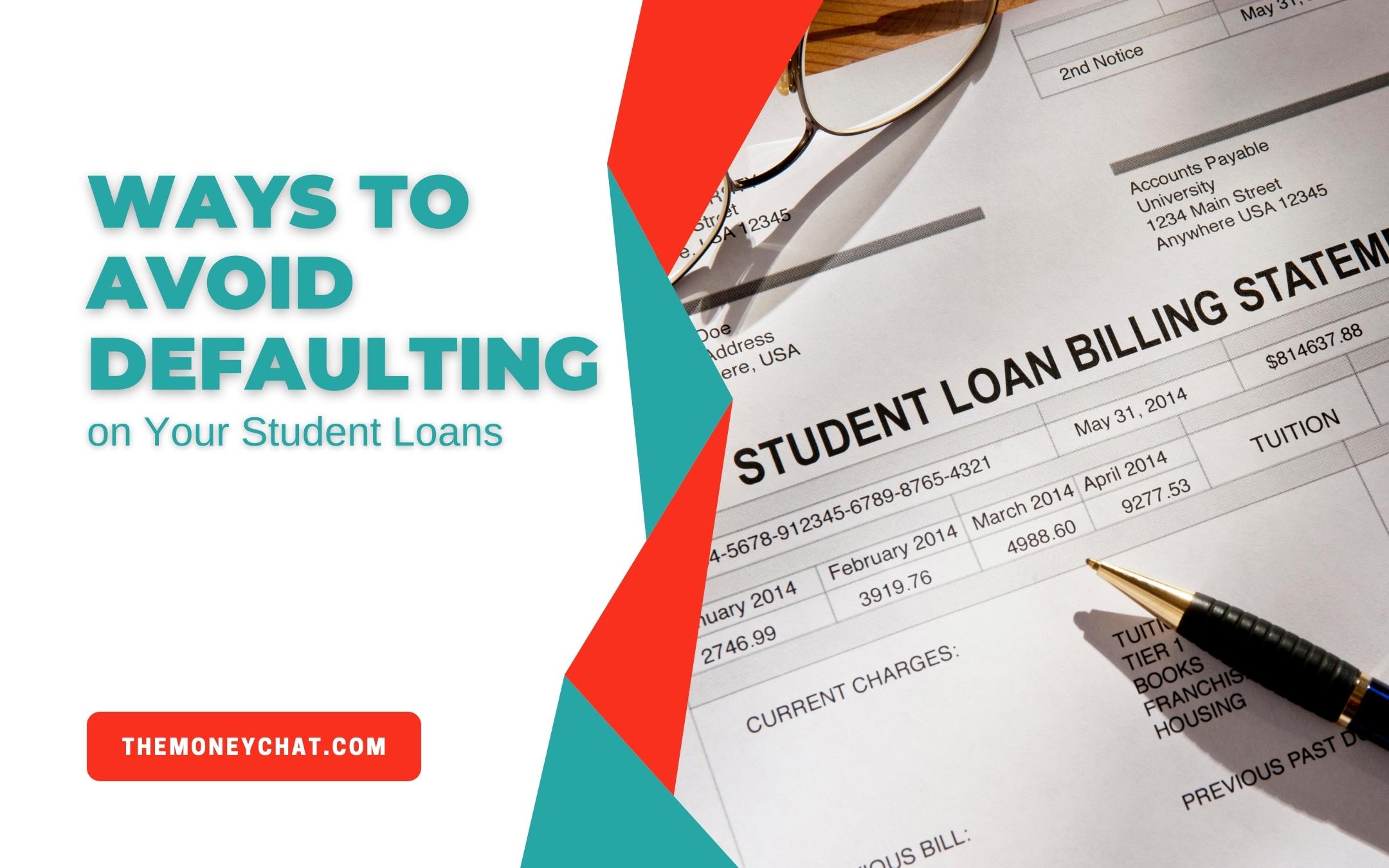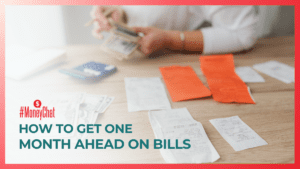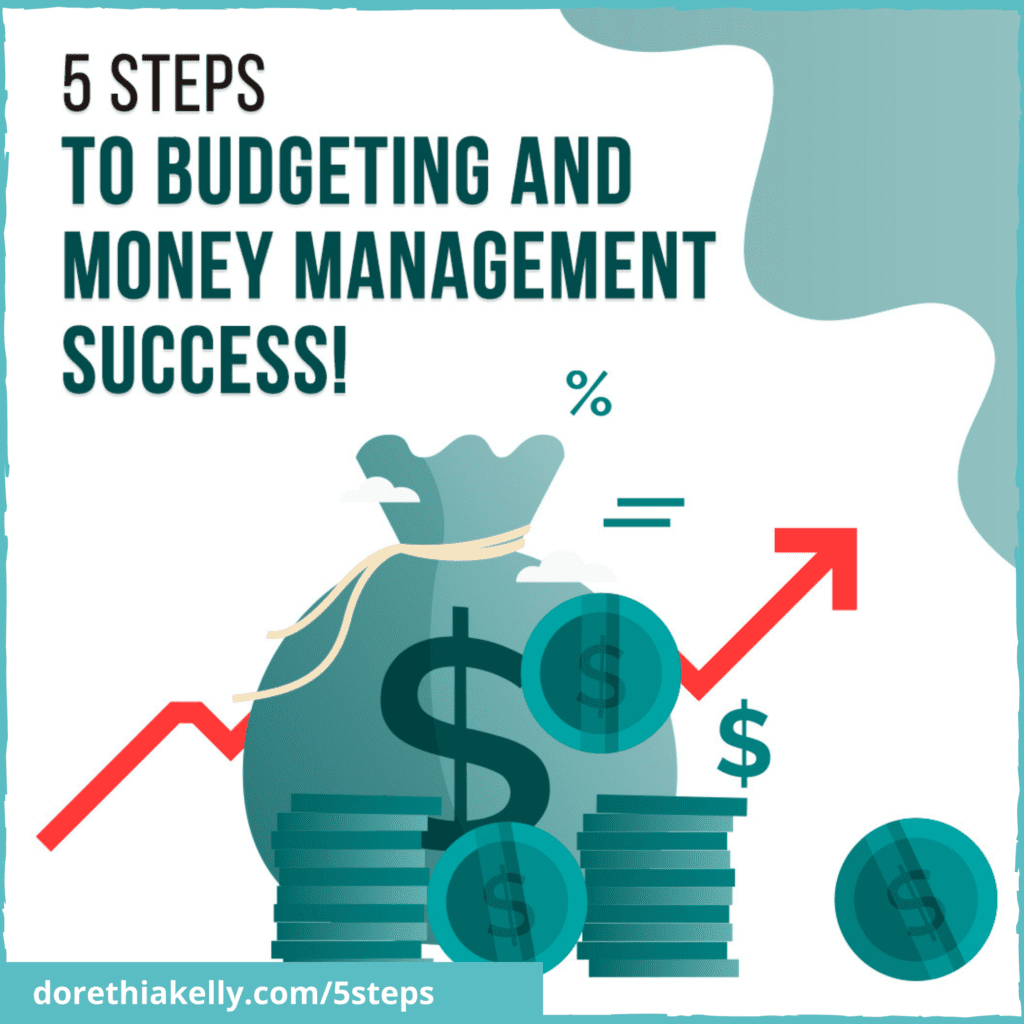The burden of student loan debt is not letting up as more and more college students and graduates struggle to maintain the burden of their debt. It’s true, student loans can be extremely helpful when it comes to studying a topic you’re interested in and earning a degree.
Some people might not have been able to attend college if it weren’t for student loans. However, once those required monthly payments start kicking in, you may not be so grateful you took out student loans. After your 6-month grace period ends, you’ll be required to choose a payment plan and make at least the minimum payment on your loans each month. If you have federal student loans and haven’t found a job yet or are experiencing a financial hardship, you may qualify for a student loan relief program.
If not, you must make timely payments or risk having your loans go into default.
What is Student Loan Default?
Defaulting on your loans can occur when your loan payment is at least 270 days past due. If you simply stop making payments on your loans and fail to contact your lenders or attempt to set up a payment plan, they can turn your account over to a collection agency and report your failed activity to all three credit bureaus.
Some additional disadvantages of student loan default include:
- Ineligibility for student loan forgiveness programs
- Potential wage garnishment
- Negative credit score impact (after you lender reports you)
- Collection fees and possible legal repercussions
Student loan default affects at least 13.7% of borrowers and while the numbers are slowly declining, ideally no one should have to resort to defaulting on their loans.
If you are struggling to pay your student loans, here are a few ways you can avoid going into default.
Consider Federal Student Loan Relief Options
If you are struggling to pay your federal student loans each month, you may be in luck. The federal government offers several programs and options to help you avoid defaulting on your student loans. First off, you can inquire about your payment plan options.
Depending on your current plan, you may be able to switch to an income-based repayment plan which will only equal up to 15% of your total income. This way, no matter what you earn, your loan payment will only require a small portion of your income and you can use the rest to cover other living expenses. If you don’t have any income your payment could be as low as $0.
As stated earlier, you can also look into deferment or forbearance to pause/waive the requirement of having to submit a monthly payment for a temporary period. You should read through forbearance or deferment qualifications and guidelines carefully though because not everyone who applies will qualify.
Refinance Your Student Loans
One of the reasons why your student loan payment is so high could be due to the interest rate. Refinancing is a good option for people with private loans as it will give you the opportunity to lower your interest rate and possibly your minimum payment as long as your credit is good.
Lowering your minimum payment may actually spread out your balance and lengthen your term which could cause you to pay more over the life of your loans, but if you are having a really hard time making payments anyway, this option may still help. Plus, you can always refinance your loans again at a later time if needed.
Make a Payment or Work out Something with Your Lender
If you are late paying your student loans or barely have enough money to meet the minimum payment, try paying something on your balance anyway. If you make a payment before 270 days have passed, you may not go into default.
However, if you are thin on options, it’s best to contact your lender and be honest about your situation. If they see that you are still willing to make payments but unable at the time, they may be able to work something out with you. But you’ll never know until you ask so it’s better than obtaining a negative remark on your credit report.
Get a Second Job or Flexible Side Hustle
If getting a second job is a reasonable option for you, start looking for opportunities that fit with your schedule. Even if it’s one or two days per week, the extra money you earn can help keep you afloat with your student loan payments until you get back on your feet financially.
If you’d rather not work for a second employer at a traditional job, try your hand at side hustling. Ask friends, family members or neighbors if they need a weekend babysitter for a few hours, walk dogs, or promote a service or skill you have to your network.
Simplify Your Lifestyle and Your Budget
If you can manage to simplify your lifestyle and cut some or your expenses, you may be able to free up some extra money to put toward your student loans to avoid defaulting on them. See if you can cut some of your highest expenses like food, transportation and housing. You may need to move to a more affordable home in your neighborhood or eliminate some unnecessary expenses but it will be well worth it.
Having student loan default negatively affect your credit score could be a major setback. See if you can commit to spending less money be reorganizing your budget and paying your student loan bill first before all your other expenses.
Whichever option you take, commit to making consistent payments on time to avoid default. If you can only afford to make the minimum payment each month, stick with it until your financial situation improves.
Do you have student loans? How do you prioritize paying them off?












0 Comments